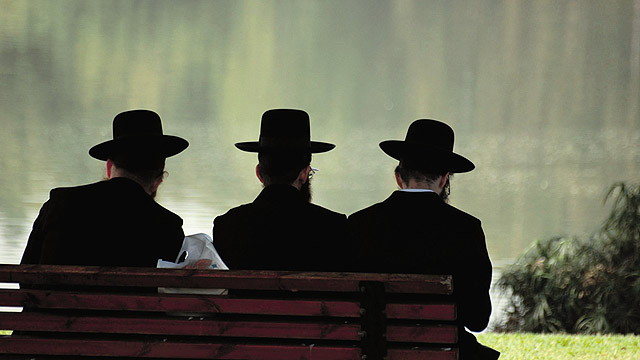Cities with a high concentration of the ultra-Orthodox have a higher life expectancy – as much as three years – than otherwise expected based on socioeconomic factors.
Residents of cities that have a high concentration of ultra-Orthodox Jews have a much higher life expectancy than expected based on their socioeconomic status, the Taub Institute’s annual report showed on Wednesday.
The report showed that the vast majority, 73.6 percent, of ultra-Orthodox people defined their health as “very good”, compared to 50 percent among other population segments. Furthermore, 18.7 percent of ultra-Orthodox Jews reported suffering from health problems – compared to double or more that rate among other populations.

Further research showed a relationship between reporting good health and high social capital. This supports a belief that the ultra-Orthodox in Israel have high social capital and a sense of better health. That said, researchers speculate that the findings are also related to social norms among the ultra-Orthodox, which do not encourage complaining, especially in a national poll.
Researchers suggest that ultra-Orthodox people have relatively high social capital, which manifests in a proliferation of friendships, high satisfaction from family relationships, a supportive social system, and community volunteer work.
The report found that the average life expectancy among ultra-Orthodox men was about three years higher than would be expected based on their socioeconomic status. For women, life expectancy was two-and-a-half years higher than expected.
